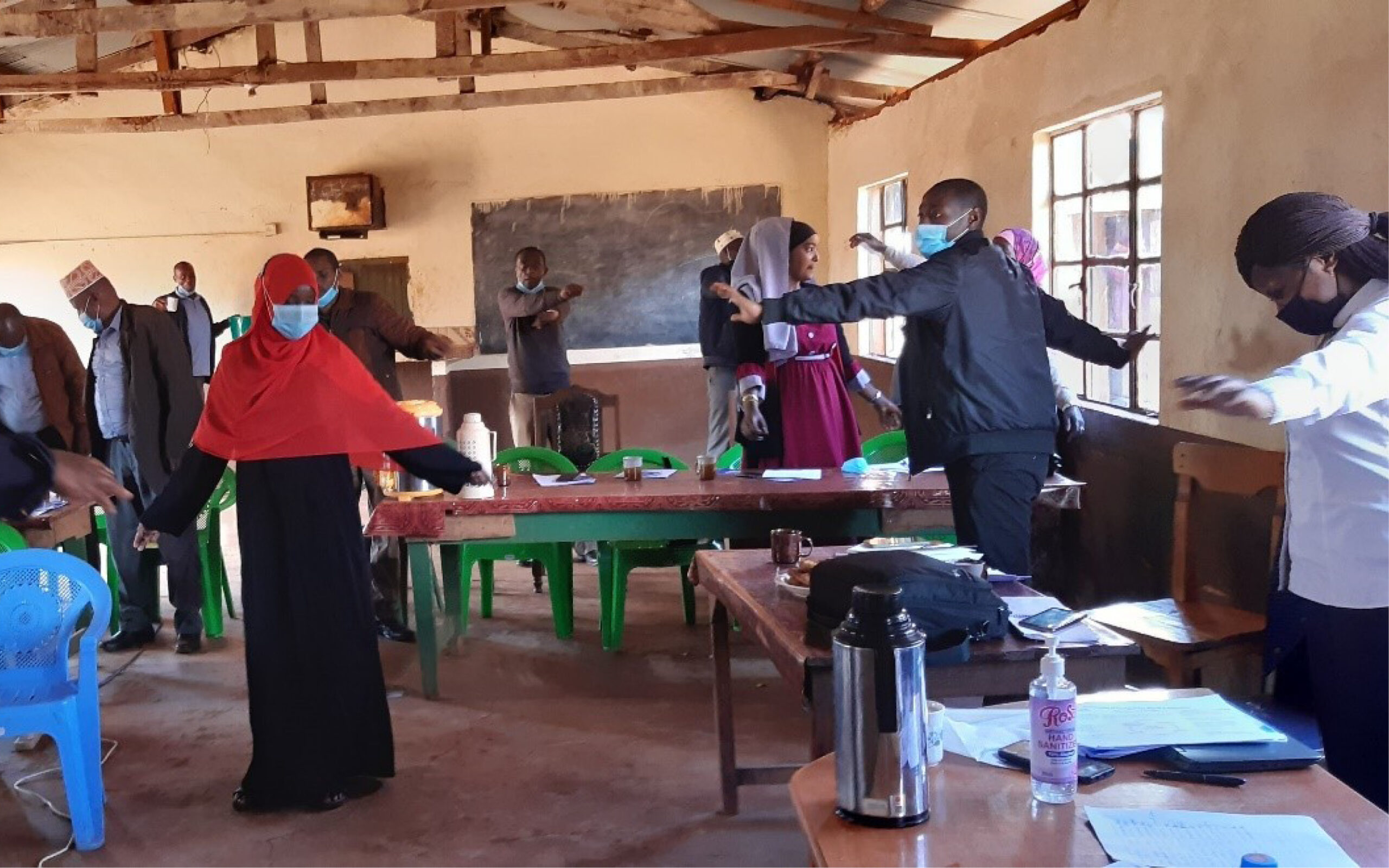
The implementation of a competency-based curriculum requires not only a conducive school environment but also opportunities for parental learning and empowerment. This was the key message at a recent stakeholder engagement workshop conducted by the Kenya Institute of Curriculum Development (KICD), with support from COL.
The workshop brought together a total of 60 education officers, teachers, and parents from Kilifi and Marsabit counties, which are located in the Arid- and Semi-Arid Land (ASAL) region of Kenya. Families in these counties lead nomadic lives, which tend to challenge their involvement in children’s learning in many ways.
The workshop discussions, which were led by officials from KICD, centred on the current Basic Education Curriculum Framework (BECF) in Kenya and the practice of parental involvement for its successful implementation, especially among families living in the ASAL regions.
Participants also observed that while several cultural practices and environmental conditions placed women at a disadvantage, they were typically more present in the lives of their children. It emerged that parental learning and empowerment efforts in these regions must harness the unique role of the female parent. In Marsabit county, for instance, mothers walked their children to school every morning and picked them up in the evening due to security concerns.
The Senior Deputy Director in charge of Curriculum and Research Services at KICD, Ms Jaqueline Onyango underscored the critical role played by parents, and particularly encouraged mothers to support the learning of their daughters.
COL’s Education Specialist: Teacher Education, Dr Betty Ogange said, “While recognising the challenges faced by parents in many contexts, we are working with like-minded partners to facilitate parent-teacher engagement and develop resources for parental learning, towards improved learning outcomes in disadvantaged communities.”


